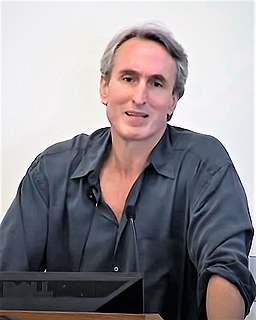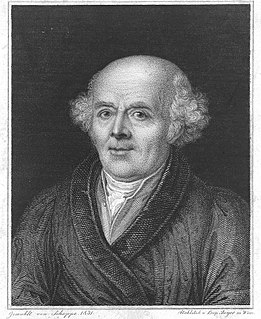A Quote by David Sheff
Addiction is a disease like anything else. It's like cancer, like heart disease, like diabetes.
Quote Topics
Related Quotes
The simplest way to look at all these associations, between obesity, heart disease, type 2 diabetes, metabolic syndrome, cancer, and Alzheimer's (not to mention the other the conditions that also associate with obesity and diabetes, such as gout, asthma, and fatty liver disease), is that what makes us fat - the quality and quantity of carbohydrates we consume - also makes us sick.
Every effective drug provokes in the human body a sort of disease of its own, and the stronger the drug, the more characteristic, and the more marked and more violent the disease. We should imitate nature, which sometimes cures a chronic affliction with another supervening disease, and prescribe for the illness we wish to cure, especially if chronic, a drug with power to provoke another, artificial disease, as similar as possible, and the former disease will be cured: fight like with like.
We have equated a cancer diagnosis to 'death,' but we look at diabetes as 'something that you get when you get older.' But look at diabetes - it's the leading cause of limb amputation, heart disease, kidney failure. Many people don't equate diabetes with these other destructive things. I didn't equate it to those until I started reading about it.
When I heard that heart disease kills more women than all cancers combined - when I heard that, I knew. The other thing that's very important is that heart disease...is preventable. There are some specific lifestyle changes that women can make: losing weight, not smoking, exercising, eating healthy foods. Knowing the risk factors: high blood pressure, high cholesterol, diabetes, [being] overweight. And if you have heart disease in your family, you should see your doctor. Because this disease is preventable.



































